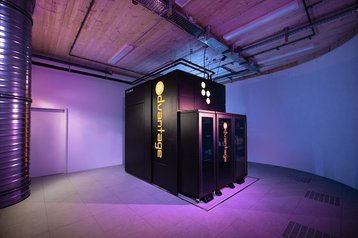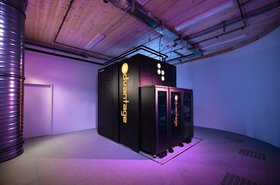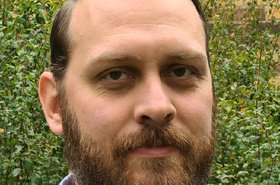The Forschungszentrum Jülich Supercomputing Centre has added a D-Wave quantum computer to its data center.
The 5,000 qubit 'Advantage' system will be made available on the cloud via Leap, D-Wave's quantum cloud service.
The machine joins another D-Wave quantum computer as part of the Jülich User Infrastructure for Quantum Computing. JUNIQ is also home to a prototype digital quantum computer developed in the European Quantum Flagship program OpenSuperQ, and will soon host the upcoming Pasqal quantum simulator.
“With JUNIQ, we provide users and developers with service-oriented access to our unique Jülich quantum computing ecosystem, which, due to its excellent technical equipment, but especially due to the bundling of our strong expertise in supercomputing and quantum technologies, offers the best conditions to rapidly advance the value-added use of quantum computers," Professor Wolfgang Marquardt, chairman of the board of directors of the Research Center, said.
Alan Baratz, D-Wave CEO, added: “As businesses and research organizations identify mission-critical problems in need of quantum investment, the market opportunity for quantum computing grows faster than ever
“This is particularly true in Europe, where we’re seeing an increasing number of enterprises, universities, and even government entities across the continent already begin to benefit from access to quantum technologies."
The company, an early pioneer in quantum computing, develops both annealing quantum computers and gate-model quantum computers. It claims its 5,000 qubit Advantage system has the 'greatest performance' of a commercial quantum system, but the industry has yet to coalesce around a suitable metric for comparing systems.
D-Wave quantum machines usually have significantly more quantum bits than rival machines, but they remain entangled for shorter periods than those developed by companies like Google and IBM.
Founded in 1956, Forschungszentrum Jülich is located in West Germany and conducts research into biotechnology, energy, climate change, as well as brain research. In addition to the D-Wave systems, it operates the JURECA, JUWELS, and JUSUF supercomputers, as well as a number of other HPC research projects.




